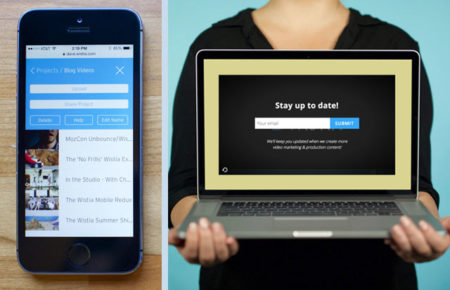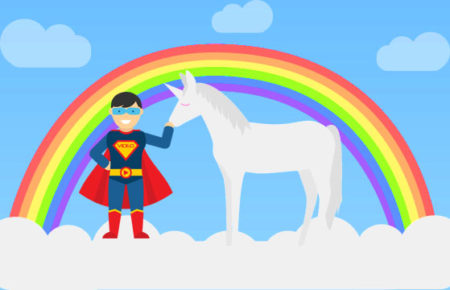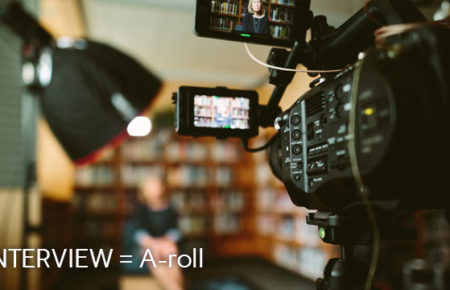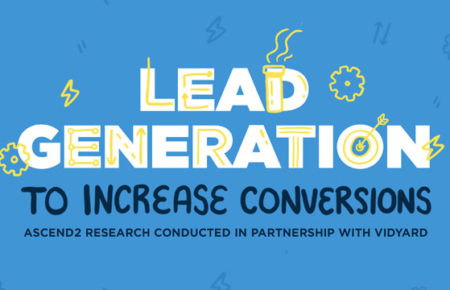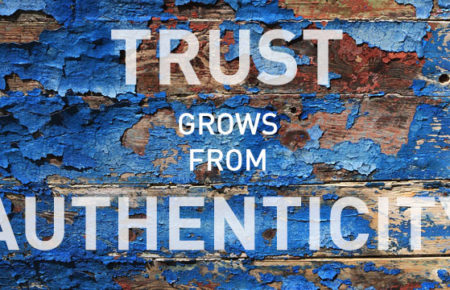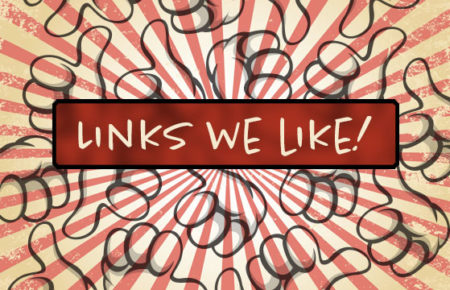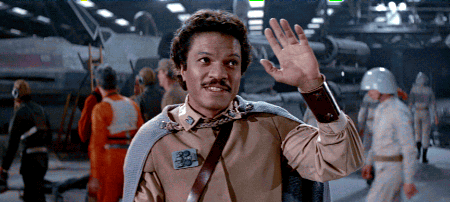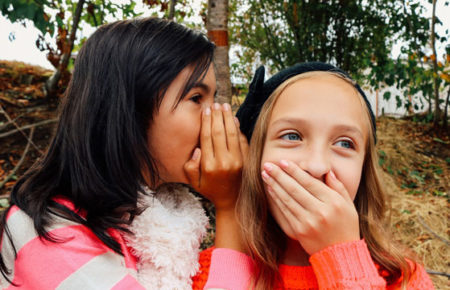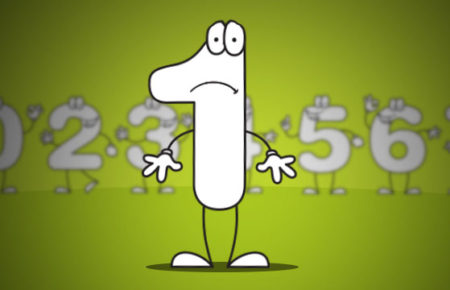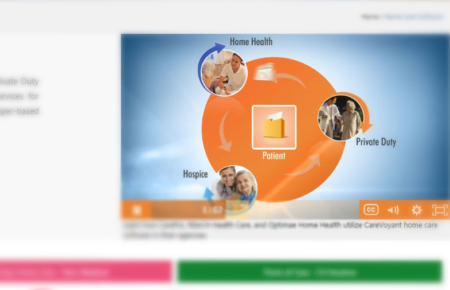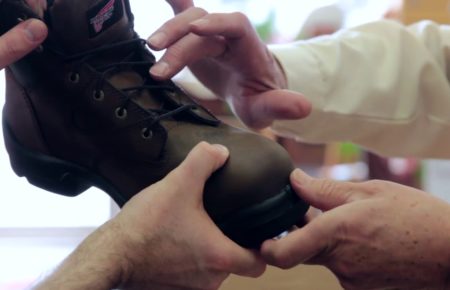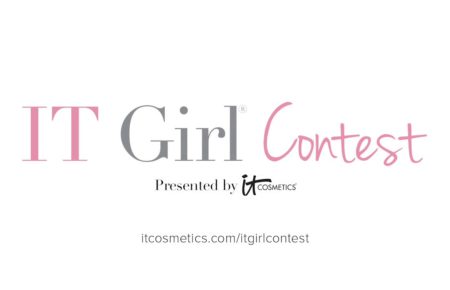The keys to great video are honesty and authenticity
Sometimes, simple things are hard to say. Things like “I’m sorry”, “I need help”, or “I don’t know”.
Let’s examine that last one -“I don’t know.” It’s a hard thing to admit, and it sometimes feels embarrassing, but not knowing the answer to something is actually OK. As an expert or leader, you are expected to know. But, there are times when you simply don’t – for any number of reasons. That makes us vulnerable and it makes us human. It takes courage to say “I don’t know.”
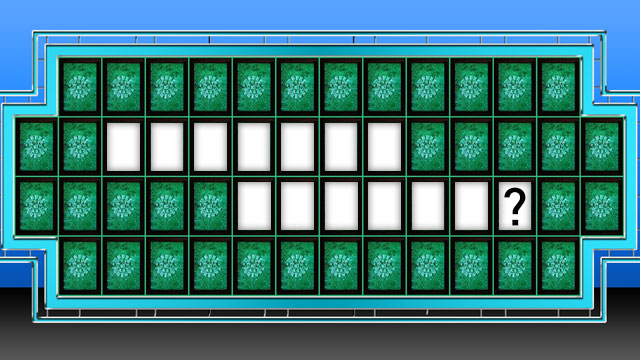
We’re advocates of not knowing things and admitting it. Life would be boring if we knew everything, and it would take a lot of the joy out of our jobs. Sure, we have valuable expertise, but we don’t have to know every answer. We love getting questions from clients that we don’t have an answer to. It’s an opportunity to learn something new or, at the very least, see something from a new perspective. That helps us grow.
We’d never have the audacity to think that we know everything about a given business, even after we’ve made a lot of video for a particular company. We’ve learned a lot about goals and expectations. But, by not knowing things like audience responses or actions, we can learn together with our clients things we didn’t know about their viewers. Making video campaigns can be compared to conducting scientific research – we create a hypothesis, create a test (in this case, a few videos), and measure the results. Examining the data allows us to create new, better hypotheses and to refine our process and thus, create better video.
If we had approached the process by claiming we knew exactly how the video would be received and what kind of action every viewer would take, then measuring the data serves only to tell us, in a binary way, whether we were dead wrong, or totally right. Now, being right is sometimes a product of luck. And, being right isn’t actually the goal. We want to guide our clients based on our experience and educated best guesses, but we have to allow for the fact that we don’t actually “know” until the data starts coming in. Honesty allows us to learn, and allows us to be open to possibilities.
Authenticity happens when you stop trying to be and simply are. We’re wired to like authentic people because we believe we can trust them. Oftentimes, being authentic and being honest go hand-in-hand.
A recent Kissmetrics (a web & marketing analytics company) blog article talked about the power of authenticity in company video, and had this to say “…apply your core values, goals and beliefs as the heart of how you approach every aspect of your business.
Be warned – being real comes with the caveat that you must exhibit empathy and intuition in order to make this work. Idiots, bigots and those lacking social graces need not apply.”
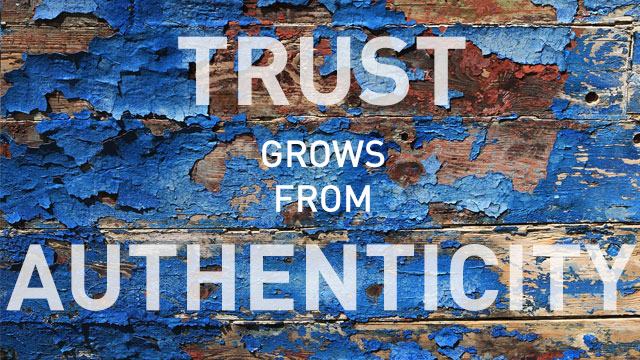
If you’re passionate about something, don’t suppress it, let it shine through! It’ll inspire others (really!). Being yourself on camera often takes practice – you’ll probably have to work at communicating through the camera as well as you do face-to-face. Hopefully, you’ll have an honest team who is willing to provide critical feedback to help you become authentic on camera.
Video is an amazing medium to help companies and people communicate honestly and authentically. Honesty and authenticity don’t begin and end with delivering important information to your audience, it’s also your best bet to effectively working with your employees or co-workers, and your video marketing team.

